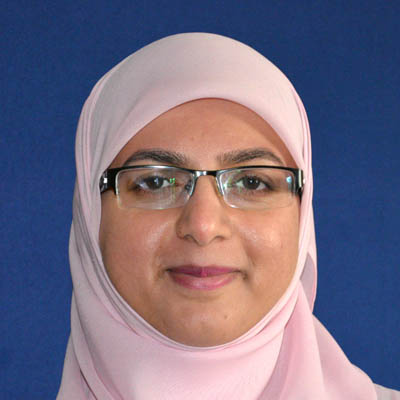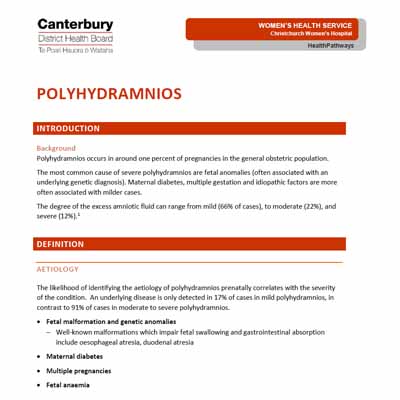Dr. Aisha Janjua
NIHR Clinical Lecturer in Obstetrics and Gynaecology.
Dr. Aisha Janjua is has completed her MD in Clinical and Experimental Medicine from the University of Birmingham, and has a Masters in Medical Education from the University of Warwick.
Aisha is based at Birmingham Heartlands Hospital, where she is a senior registrar (ST7). She has worked as a Clinical Teaching Fellow and Honorary Clinical Lecturer at Birmingham Women’s Hospital and I pursuing her teaching interest both at the University of Warwick and within the West Midlands Deanery. She is interested in General Obstetrics, especially high risk pregnancies / maternal medicine and antenatal practice.
She has developed teaching activities for University of Birmingham final year medical students on O&G block, as well as ERASMUS students. She has revised and peer reviewed RCOG StratOG E-learning modules, as well as e-learning for the University of Birmingham. She has been a course facilitator for the RCOG Basic Practical Surgical Skills course since 2014.
Aisha is involved as faculty for TeamSTEPPSTM (Team Strategies and Tools to Enhance Performance and Patient Safety). This is an evidence-based framework to optimise team performance across the healthcare delivery system. She teaches the core of the TeamSTEPPS framework which is comprised of four skills: Leadership, Situation Monitoring, Mutual Support, and Communication.
Aisha has 11 published peer review articles and is also a Contributor for the book “Application to Specialty Training” by Oxford Press. She is also involved with work on the GMC Curriculum Advisory Committee and was on the RCOG StratOG Editorial Board as SBA Lead for 3 years. Her role both on undergraduate exam writing panels and postgraduate SBA writing provides her with a good background on how to tackle the Part 2 exam.
The best part of teaching the Part 2, is that it’s all clinically relevant. This is knowledge we use daily as part of our job. The ACE courses provide knowledgeable, enthusiastic and motivated teachers that help attain a thorough understanding of O&G, you need which ultimately leads to excellence in maternal and fetal care.

Dr. Aisha Janjua
NIHR Clinical Lecturer in Obstetrics and Gynaecology.

Dr. Aisha Janjua is has completed her MD in Clinical and Experimental Medicine from the University of Birmingham, and has a Masters in Medical Education from the University of Warwick.
Aisha is based at Birmingham Heartlands Hospital, where she is a senior registrar (ST7). She has worked as a Clinical Teaching Fellow and Honorary Clinical Lecturer at Birmingham Women’s Hospital and I pursuing her teaching interest both at the University of Warwick and within the West Midlands Deanery. She is interested in General Obstetrics, especially high risk pregnancies / maternal medicine and antenatal practice.
She has developed teaching activities for University of Birmingham final year medical students on O&G block, as well as ERASMUS students. She has revised and peer reviewed RCOG StratOG E-learning modules, as well as e-learning for the University of Birmingham. She has been a course facilitator for the RCOG Basic Practical Surgical Skills course since 2014.
Aisha is involved as faculty for TeamSTEPPSTM (Team Strategies and Tools to Enhance Performance and Patient Safety). This is an evidence-based framework to optimise team performance across the healthcare delivery system. She teaches the core of the TeamSTEPPS framework which is comprised of four skills: Leadership, Situation Monitoring, Mutual Support, and Communication.
Aisha has 11 published peer review articles and is also a Contributor for the book “Application to Specialty Training” by Oxford Press. She is also involved with work on the GMC Curriculum Advisory Committee and was on the RCOG StratOG Editorial Board as SBA Lead for 3 years. Her role both on undergraduate exam writing panels and postgraduate SBA writing provides her with a good background on how to tackle the Part 2 exam.
The best part of teaching the Part 2, is that it’s all clinically relevant. This is knowledge we use daily as part of our job. The ACE courses provide knowledgeable, enthusiastic and motivated teachers that help attain a thorough understanding of O&G, you need which ultimately leads to excellence in maternal and fetal care.

